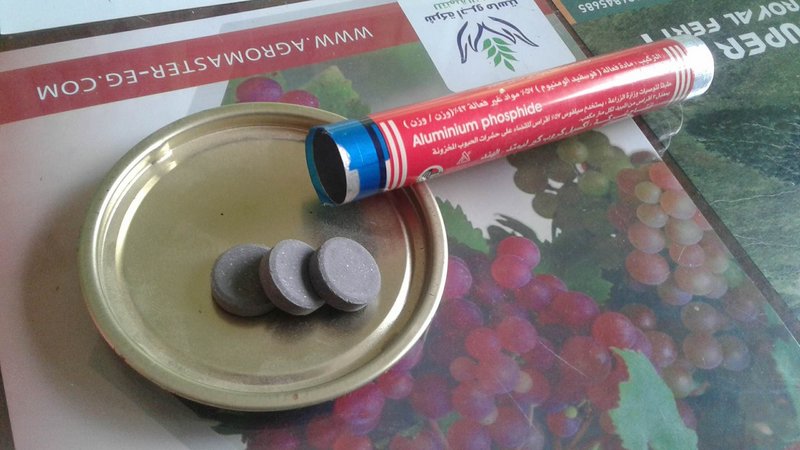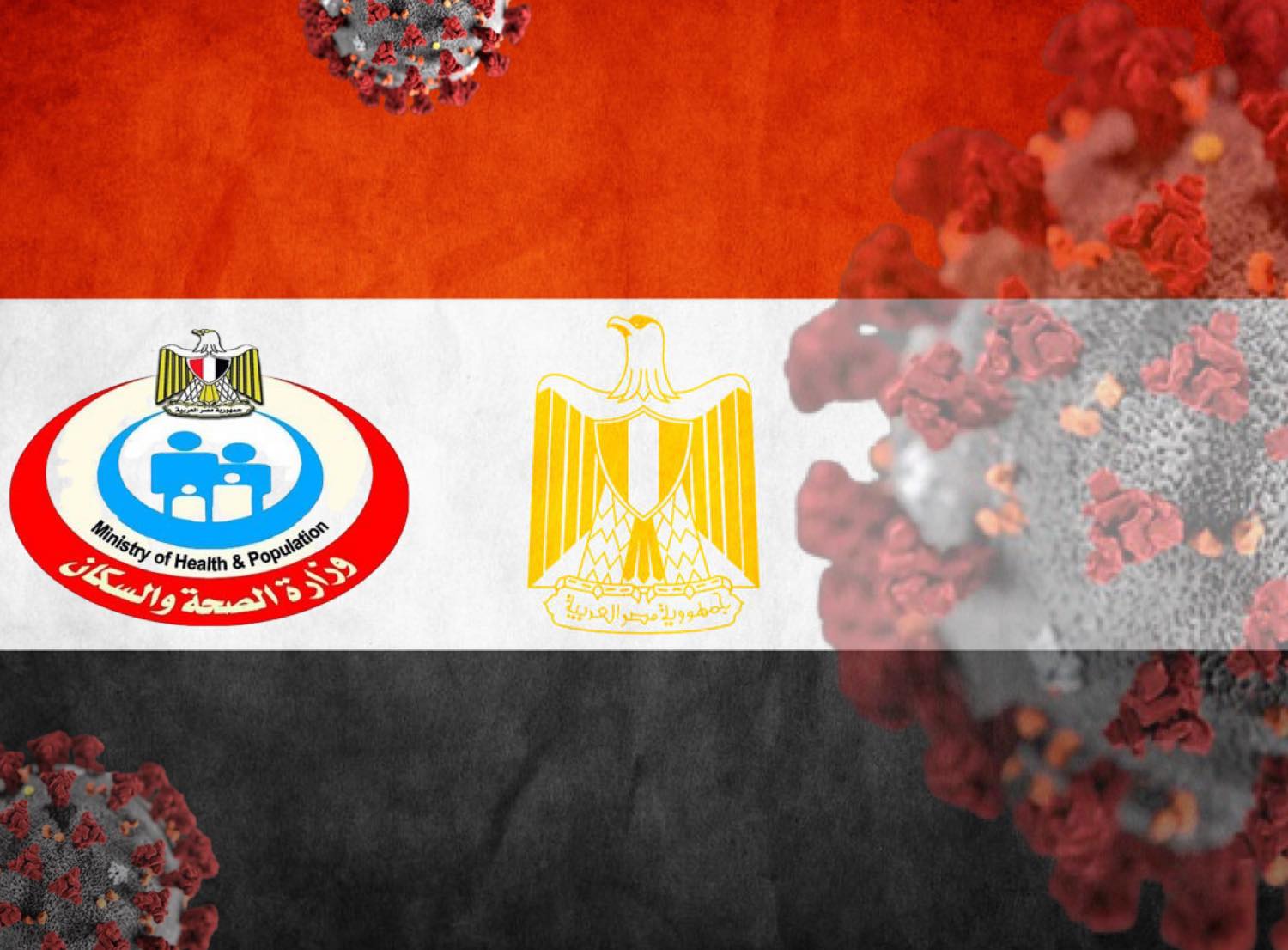Three girls, aged 14, died after they committed suicide by consuming tablets containing aluminum phosphide, which are used to kill small animals including rats in Sharkia Governorate, north of Cairo. This is a rare case of mass suicide in the country because of Collective suicide is not known in Egypt, and there have been no known incidents of mass suicide, but individual suicide incidents have increased recently in Egypt due to the deteriorating economic conditions. The three girls, in preparatory education, agreed to end their lives together by consuming the aluminum phosphide compound, known as ” grain preservation,” without being known conclusively what caused girls to commit suicide in this way. Some Media reports indicated that they may be mistreated by their relatives, but this has not been definitively confirmed. The girls took a poisonous grain after a fourth girl brought them, and they shared it after the school day ended. The girls were then transferred to Zagazig University Hospital, about 75 km north of Cairo, for treatment, but they died, one after the other in the hospital.
Suicide using the grain of grain is a common method in some areas in Egypt, because of the low price of this pill and the ease of obtaining it. In 2019, 116 Egyptians died in Menoufia Governorate, north of Cairo, using aluminum phosphide tablets. These tablets are sold cheaply, for EGP 1 per tablet ($0.06). Surviving after having these tablets is extremely rare as they contain three times the lethal dose of aluminum phosphide. The Faculty of Medicine at Menoufia University called for criminalizing the selling of these “killer tablets.” Revelations about how widespread these tablets came after several bodies were found dumped in front of metro trains, which alerted the Egyptian authorities to take preventive measures. Many people have thrown themselves in front trains because it is an inexpensive and quick method of suicide, which only costs the price of a ticket. But recently, the Egyptian authorities began increasing the supervision and watching cameras of subway stations, to cut off the suicides that attracted the attention of the media and caused embarrassment to the regime. Last December, a university student committed suicide in Egypt by throwing himself off the top of the Cairo Tower. The tablets are cheaper than subway trains or Cairo tower tickets, which explains why they have become so popular recently.
Suicide rates in Egypt have shot up in the last two years as the cost of living and the unemployment rate have skyrocketed. In August the Egyptian National Centre for Criminal and Social Studies found that 25 percent of Egyptians suffer from mental illness due to the high rate of poverty, which pushed 60 percent of these to consider suicide. In July Egypt’s auditing agency reported that the poverty rate in the country hit 32.5 percent in the year 2017-2018 after the World Bank released a report in May to say some 60 percent of the population is either poor or vulnerable. Under the conditions of a 2016 IMF loan, the government has rolled out austerity measures that have hit fuel and electricity prices causing them to rise. These have not been offset by an increase in salaries. After the Egyptian pound was floated, inflation hit 33 percent. Suicide and mental health public services are underfunded, professionals don’t have adequate training and social stigma prevents people from seeking help.
Egypt tops the list of Arab countries with the highest number of suicides. Mostly, the economic conditions are behind the increase in suicides in Egypt due to young people losing hope. Observers say that there are many causes of suicide in Egypt, but the most prominent of them is the spread of poverty, political repression, imprisonment of thousands, and high prices. Psychologists assert that the number of suicides in Egypt is more than what is announced. Many families try to hide it and record it as a natural death because suicide is considered a disgrace and a shame, and Islamic law prohibits suicide. Although Egypt has witnessed many public suicides recently, the latest mass suicide incident is considered the most terrifying, especially that it was for 3 young girls. Observers say that this latest mass suicide is a dangerous indication that the economic, political and social conditions in Egypt are declining worryingly, and the youth are no longer able to tolerate. government to abide by the provisions of the Universal Declaration of Human Rights that Egypt has adopted since the year 1948, and they affirmed they have continued follow-up to the human rights situation in Egypt and taking it into account while discussing the continuation of American aid to Egypt in the future. Last November, the United Nations Human Rights Council made 372 recommendations on the human rights situation in Egypt, the most prominent of which was stopping torture in prisons, guaranteeing the rights of human rights defenders, protecting journalists, and excluding military court rulings.





Recent Comments